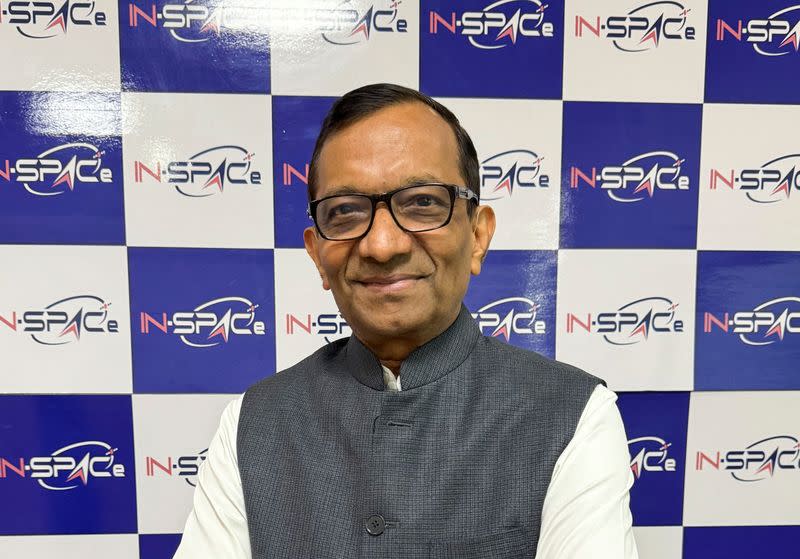Asia’s richest man Mukesh Ambani appears to have won his ‘space race’ with Elon Musk, the world’s richest man.
India’s space regulator has given approval for a satellite internet service operated by a joint venture between Ambani’s Reliance Industries’ Jio Platforms and SES, a firm based in Luxembourg.
The Indian National Space Promotion and Authorisation Centre, known as IN-SPACe, issued three approvals to Orbit Connect India in April and June, a government executive said.
ALSO SEE: Hong Kong, UAE Firms Hit With Sanctions for Russian Gold Deals
The authorizations, which have not previously been reported, allow Orbit Connect to operate satellites above India, but further approvals are needed by the country’s department of telecoms to begin operations to provide satellite-based high-speed internet access.

The news is a yet another win for Ambani, the country’s richest man who has a net worth of about $114.4 billion.
Ambani has faced high-profile rivals such as Jeff Bezos’ Amazon.com and Musk’s Starlink, which have both been vying for the go-ahead to launch satellite communication and other services in the world’s most populous nation.
Given Modi’s preference for local corporations over foreign entities, the outcome is perhaps no surprise. And Musk was perceived to have snubbed the Indian PM when he cancelled a visit to India in late April and made a visit to Beijing instead.
Reliance, which owns Jio, did not respond to an email seeking further details.
Meanwhile, Inmarsat, another company hoping to provide high-speed satellite-based internet, has also won approval to operate satellites over India, IN-SPACe chairman Pawan Goenka said.
The two other companies that applied were Musk’s Starlink and Amazon.com’s Kuiper, while Eutelsat’s Bharti Enterprises-backed OneWeb was also given approvals late last year.
India’s satellite broadband service market is expected to grow 36% per year over the next five years and reach $1.9 billion by 2030, according to the consultancy Deloitte.
Globally, the race to connect rural areas of the world via space-based internet is accelerating. Amazon plans to invest $10 billion in Kuiper, which was announced in 2019, the year SpaceX began deploying its first operational Starlink satellites.
Starlink gets green light in Sri Lanka
Last week, Sri Lanka gave Starlink preliminary approval to provide internet services there.
Goenka said the more companies involved in the sector in India, the better off consumers would be.
“Comparatively low pricing of communication services in India will compel global players to drive innovation to reduce their pricing,” Goenka, the former managing director of automaker Mahindra & Mahindra, said.
“This is already being done in many industries like automotive, where multinational OEMs had to innovate to meet the expectations of Indian consumers of high performance and low cost.”
IN-SPACe will also soon authorise private companies to operate ground stations, he said, which would enable satellite operators to download data as they pass over India.
Prime Minister Modi’s government, which just won a rare third term, has been pushing the development of India’s space industry.
This year, it opened the gates for foreign direct investment in the sector, saying outside companies could invest in the manufacture of components and systems or sub-systems for satellites up to 100% without approval.
As a result, investors’ interest has “significantly increased”, Goenka said.
“Last year investments into private companies were $2 million-$7 million. This year they are talking $20 million-$30 million,” he said. “The proof of concept has happened.”
- Reuters with additional input and editing by Jim Pollard
























